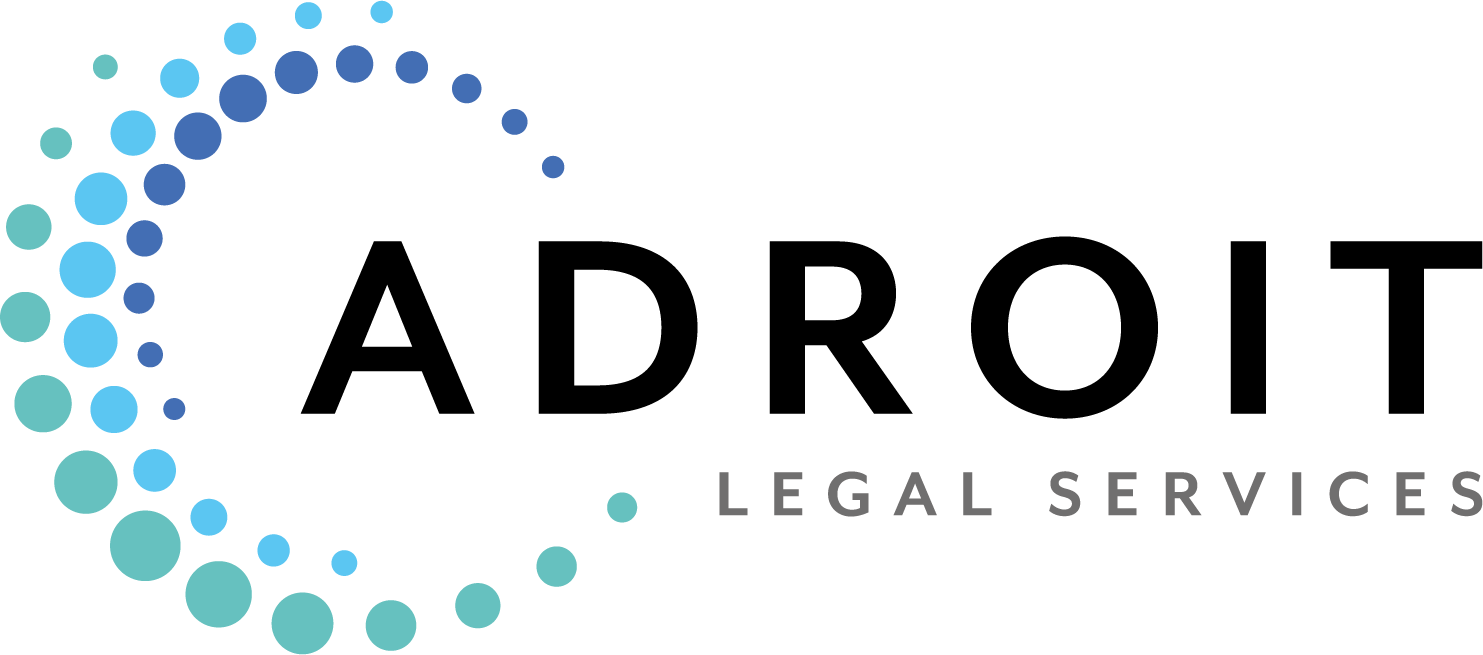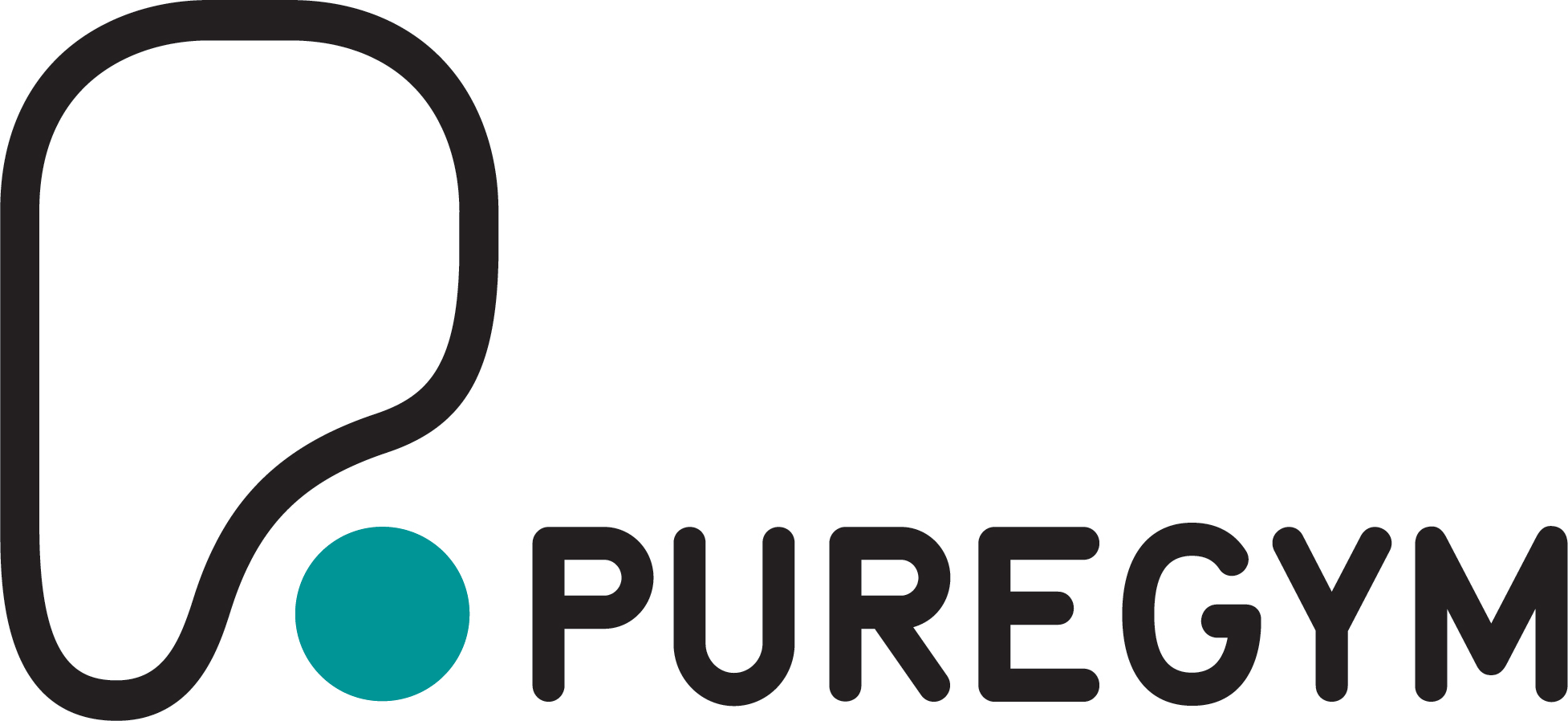
Navigate life’s milestones with Adroit Legal Services
Adroit is your gateway to accessible, affordable and quality-assured legal and bereavement services.
Whether you’re moving house, writing a Will or granting Lasting Powers of Attorney, need family law advice or find yourself involved in a dispute, Adroit helps you to move forward.
Through Adroit, you have access to a tried and trusted legal panel, all of whom are specialists in their field and regularly monitored for quality assurance.
✔️ Discounted & fixed-fee rates
✔️ FREE 30-min initial consultation
✔️ Contact helpful advisers wherever you are in the UK by phone, remotely or face-to-face
No matter what stage you’re at, complete legal and bereavement services, delivered seamlessly by Adroit’s trusted UK-wide specialists, help you to navigate life’s challenges and milestones
















